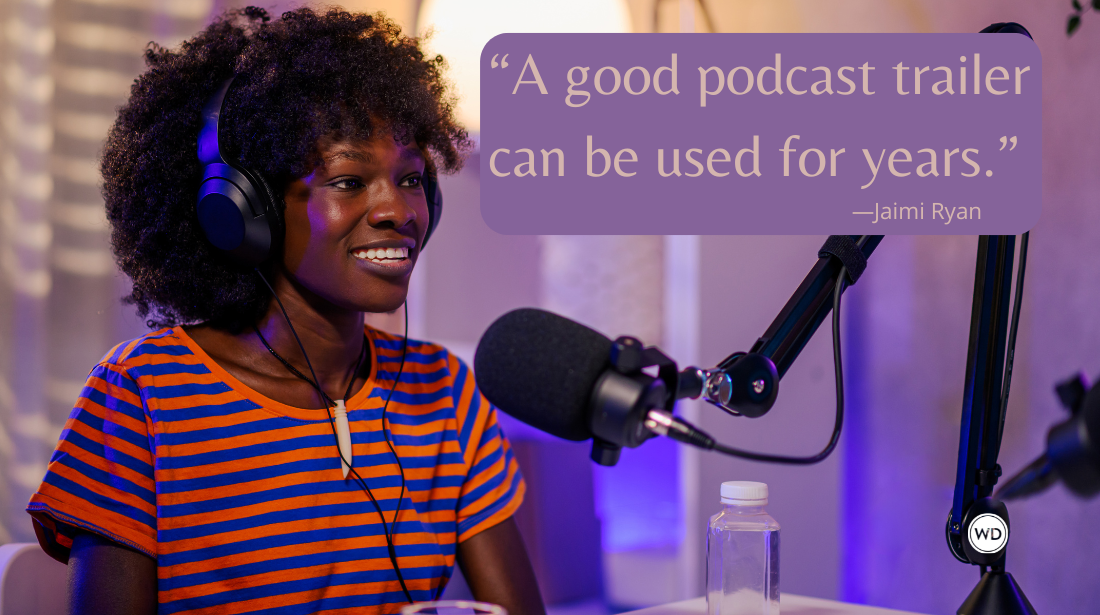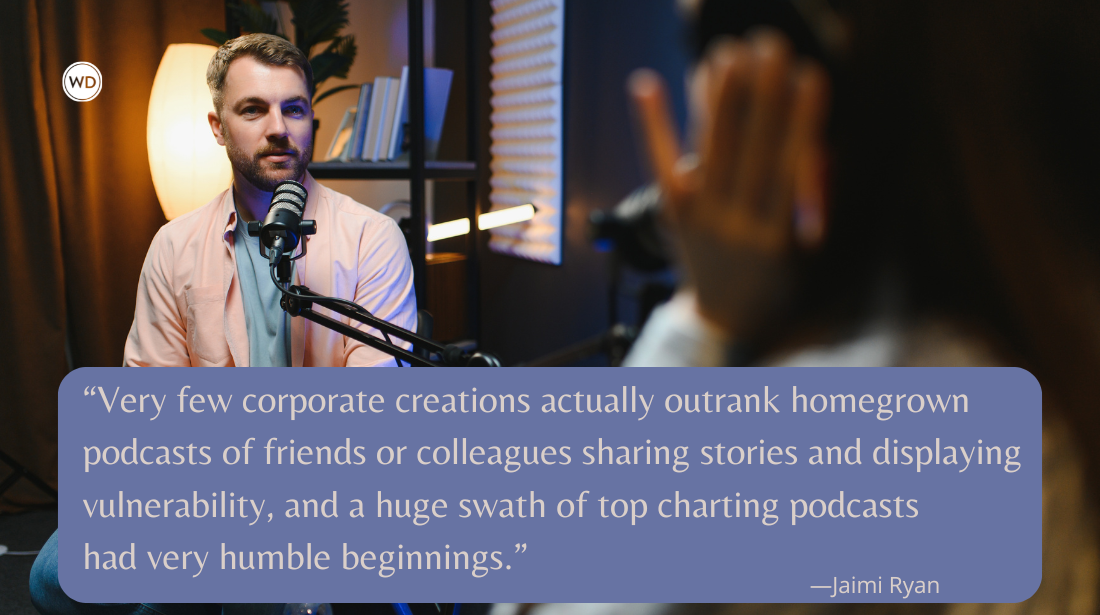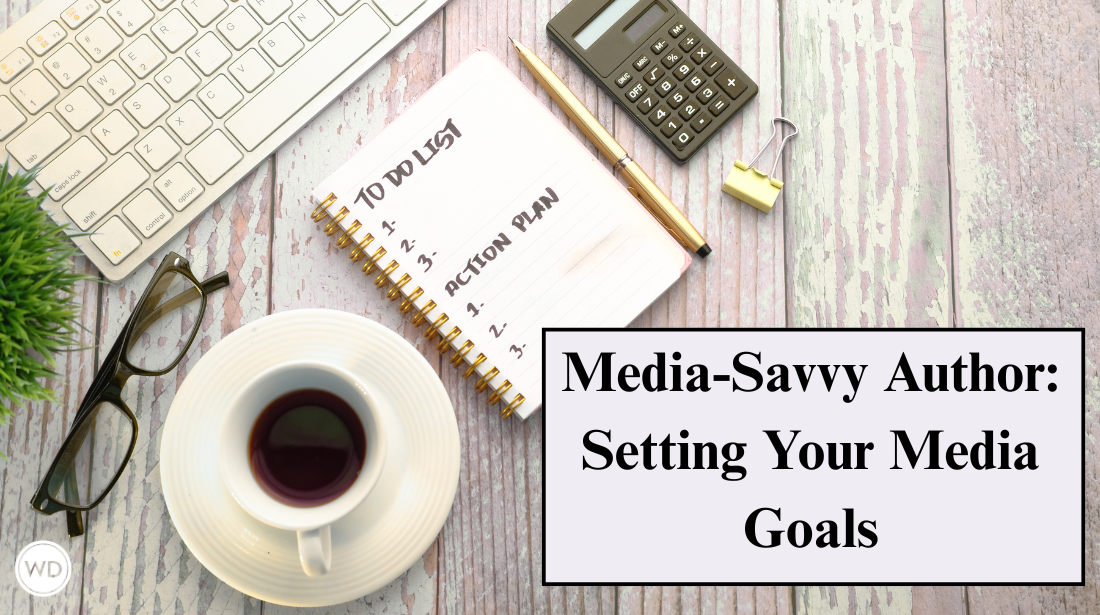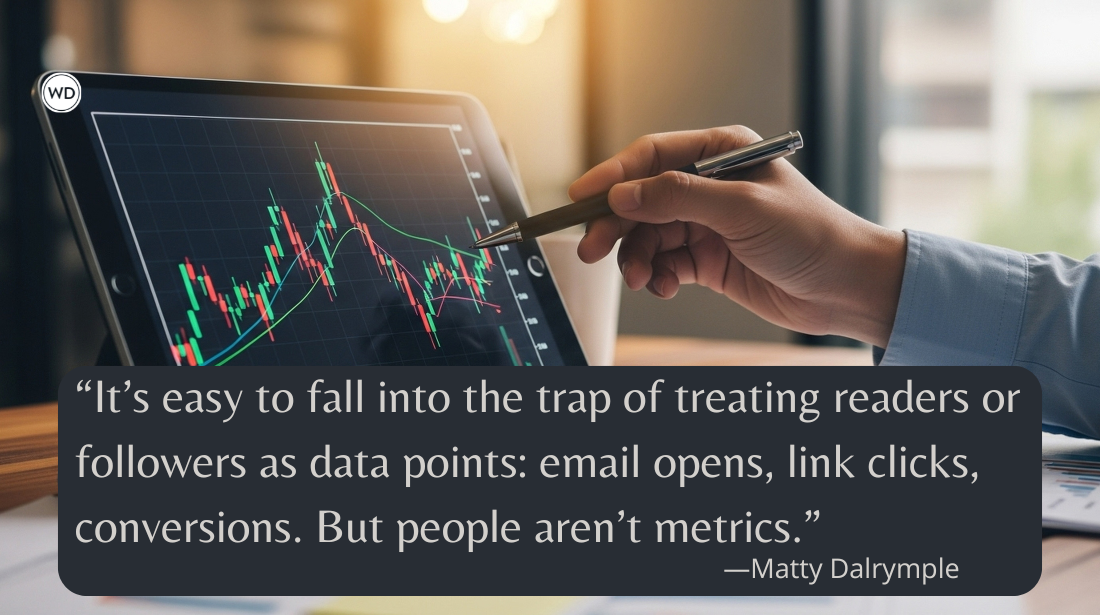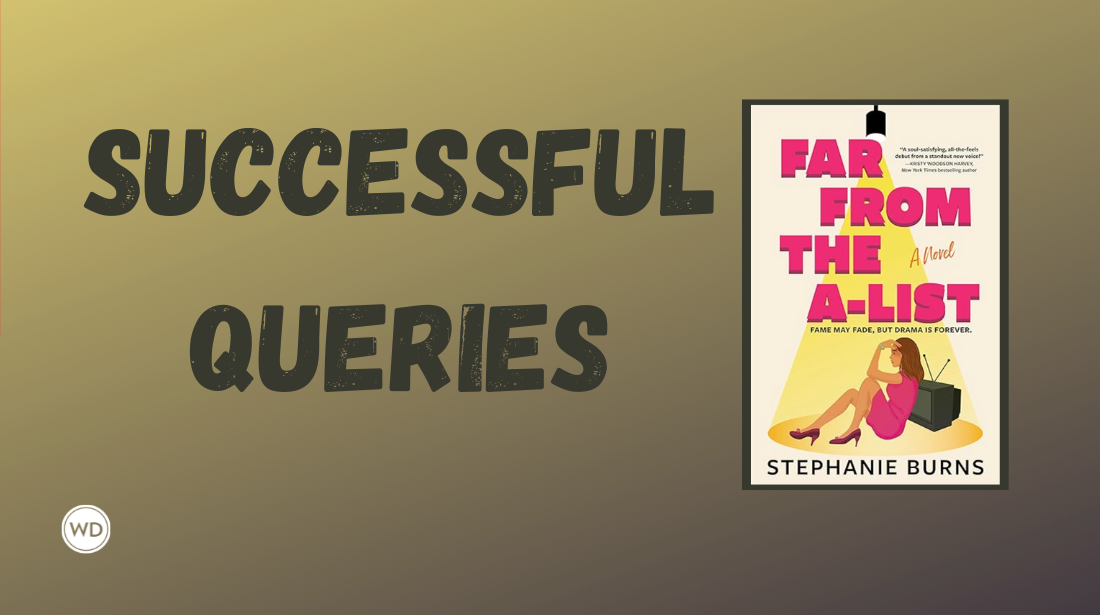How Writers Can Start Blogging in a Meaningful Way
Last week, one of my webinar participants from 3 Secrets to Getting Your Nonfiction Book Published asked a question about blogging (in the comments section of this post): You indicated…
Last week, one of my webinar participants from 3 Secrets to Getting Your Nonfiction Book Published asked a question about blogging (in the comments section of this post):
You indicated today that blogging and/or creating a website to
discuss my ... uh, area of interest is likely the best route. So, how do I "start" a blog? Does it
need to be focussed, or can I start with say, "ponderings"? My book
idea was, unfortunately, one of those memoir/self-help hybrids ... Hence the need, as you suggested, for a blog, to "create waves" and get
a feel for the audience(s), and even really, to figure out what it is
that I want to write about. In short, I want to learn the how to and
where of blogging. I have absolutely no shortage of ideas, likely aimed
at 40ish-woman-mother-student-goddess-doormat types. I also have a
growing file of 1000-wd essays on everything from pretty-wine-label
philosophy to chocolate penis envy to (s)mothering teenagers ... Please,
Jane, help me blog.
First, there were several very helpful comments from readers (see end of this post)—and my thanks to them for sharing their experience.
Second, there isn't really a wrong way to start a blog, though it can become a distraction or something that's not really adding to your writing career or writing life (I'm particularly thinking of unpublished writers as I write this). As with so many things, it all comes down to your goals. Here are the most common goals associated with blogs started by writers seeking publication.
- Creative outlet/inspiration. Blogging can be the one place where you can let yourself go without all the pressure, responsibility, and fear that's often associated with pursuing publication. Sometimes it can help you find your voice, or help you find what really matters to you. Plus, over time, it hones your writing skills, especially when you pay attention to which of your posts garner the most traffic and try to replicate a meaningful experience for your readers. It trains you to pay attention to what your readers like. Sometimes people start with no greater desire than this, but later find themselves in platform-building territory (#3) if they find a more specific focus or direction to the material.
- Market testing and content development. When it comes to nonfiction, blogs in your area of expertise can be a way to interact with your audience and test ideas with them. Some books have appeared in rough discussion form on blogs, almost like a first pass of ideas, and become what they are through interaction with readers. (Chris Anderson is one of the biggest examples.)
- Platform building and getting known. In some ways, this is similar to #2, but I would distinguish this as writing and delivering content that may or may not be book-specific. Its goal is to cultivate and grow your audience for any/all of your work, not a particular project. You can also essentially self-publish small chunks of your work (if you're able to handily craft them into blog posts), and if your work has an outstanding quality to it, and you have a strong readership, you might make the kind of waves that attract agents/editors to your door.
- Community creation. This applies more to nonfiction, but a blog can help bring together a network of people in a new way. For instance, I read a blog called Cincinnati Imports that's for Cincinnati folk who aren't native to the area. (There's a long-standing cliche that it's hard to meet people in this town, since so many Cincinnatians have lived here their whole lives and tend to be an insular bunch. I will not enter the fray.)
While it's NOT mandatory that every writer blog, every writer does need to have a website of some kind, to make them visible online, and that website can take the form of a blog, or it can be a more static website. (And if you have any kind of decent blog platform, e.g., Wordpress, you'll have something that's called a blog-plus site, which has the blog as the primary site function and focus, but also allows for static pages/content, like a bio or list of publications. So don't feel the need to create ANOTHER site if you have a blog.)
OK, aside from that, these two bits of advice should save you from going down a painful road.
- I recommend every writer give blogging a try, but if you don't like it, don't force it. Spend your time on something you do care about. There are many ways to build a platform aside from blogging.
- "Just start," says Garland (in the comments). Amen. You don't have to get it right from the start. It doesn't have to be perfect. It WILL evolve. That's a good thing. You get to decide how this works. Do what feels authentic and productive and good. Don't do what feels like punishment or work.
Deborah also left a comment that's very insightful:
I actually have numerous blogs. It's a way that I test myself to
see what I have the passion to write. If you look at my list of blogs
and see which one has 300+ posts, it's pretty obvious. That blog gets
about 100 visitors a day, and each post gets several comments. The
other blogs don't have very many posts or readers. If they get 2 or 3
readers a day, that's great.
As a final note, you'll find incredibly rich content on blogging over at Chris Brogan's site. Good luck!
Jane Friedman is a full-time entrepreneur (since 2014) and has 20 years of experience in the publishing industry. She is the co-founder of The Hot Sheet, the essential publishing industry newsletter for authors, and is the former publisher of Writer’s Digest. In addition to being a columnist with Publishers Weekly and a professor with The Great Courses, Jane maintains an award-winning blog for writers at JaneFriedman.com. Jane’s newest book is The Business of Being a Writer (University of Chicago Press, 2018).




